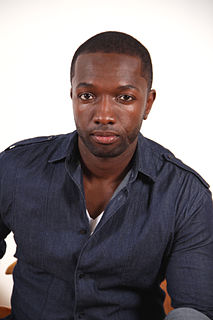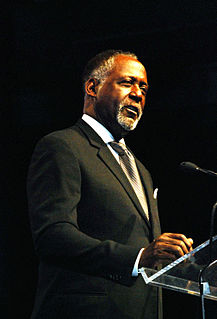Цитата Анурага Кашьяпа
На фильм нужно идти непредвзято; фильм лучше всего влияет на вас, когда ваш разум — чистая страница для фильма.
Связанные цитаты
Сочинять — значит думать. Это значит, что ваш разум пытается найти лучший звук, на который рассчитан фильм: лучшую мелодию, лучшую текстуру, лучшую структуру и драматургическую арку для фильма. Затем вы обсуждаете это с директором. Он лидер. Он тот, кто показывает вам путь, по которому нужно следовать, чтобы найти душу фильма.
Я думаю, что «Девушка с татуировкой дракона» — хороший пример фильма, в котором вам нужно жонглировать большим количеством информации, чтобы проследить эту историю, и даже если вы не читали книгу, кажется, что все идет неплохо. И это фильм, в котором персонажи не встречались до 74-й минуты фильма, а не на 17-й странице.
Когда я был моложе, я определенно думал, что музыкальный театр более чистый, чем кино. Раньше я говорил, что никогда не пойду в кино, потому что нам нужно было сделать все правильно в первый раз в музыкальном театре. Но потом, конечно, я начал сниматься в кино и понял, что мне это нравится. Имейте в виду, что мне было 8 лет, когда я это сказал.
Должен сказать, что здесь, во Франции, во время работы у меня было больше спокойствия и безопасности, потому что я знал, что снимаю фильм так, как хочу, и что в конечном итоге фильм увидят, что не всегда бывает в Иране. В Иране вы всегда работаете, беспокоясь о том, смогу ли я продолжить свой проект так, как хочу, и увидят ли зрители фильм.
В каком-то смысле твой первый фильм всегда лучший. В вашем первом фильме есть что-то, к чему вы никогда не вернетесь, но вы всегда должны пытаться. Это легкое чувство незнания того, что вы делаете, потому что технические навыки, которые вы изучаете, особенно если у вас есть работающий фильм, который имеет какой-то успех, обманчивы. Искушение состоит в том, чтобы использовать их снова, и они не обязательно являются хорошими приемами повествования.
Кино – это больше, чем искусство двадцатого века. Это еще одна часть мышления двадцатого века. Это мир, увиденный изнутри. Мы подошли к определенному моменту в истории кино. Если вещь можно снять на видео, то пленка подразумевается в самой вещи. Вот где мы находимся. Двадцатый век в кино. Вы должны спросить себя, есть ли в нас что-то более важное, чем тот факт, что мы постоянно в пленке, постоянно наблюдаем за собой.
Когда вы снимаете фильм, у вас действительно нет времени, чтобы подумать о том, что представляет собой весь ваш фильм. И затем, когда вы выпускаете свой фильм и продвигаете свой фильм, вы смотрите на него по-другому. Затем, когда вы уходите от него, вы начинаете смотреть на него объективно и думать: «Что я мог сделать лучше?»
Без омрачающих воспоминаний разум воспринимает с абсолютной ясностью. Каждое наблюдение выделяется абсолютным рельефом. В начале, когда еще нет пятна, еще чистый лист, есть только настоящий момент: каждая жизненная деталь, потрясенный цвет, падение света. Как кадры из фильма. Разум безжалостно открыт миру, глубоко впечатлен им и даже ранен: еще не поглощен памятью.






































